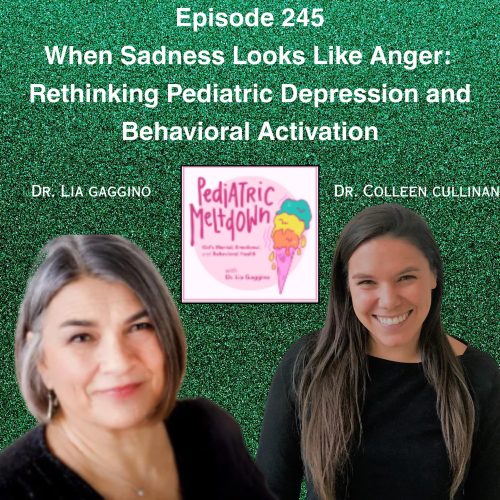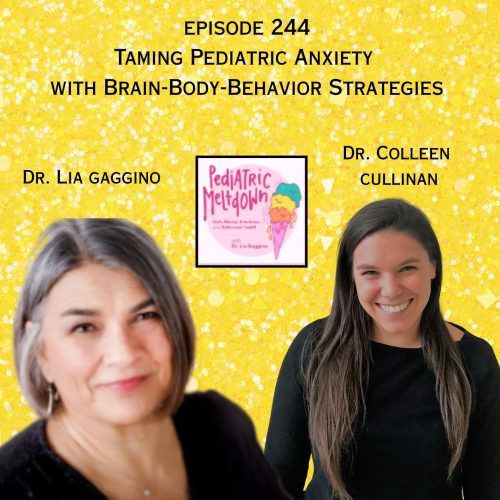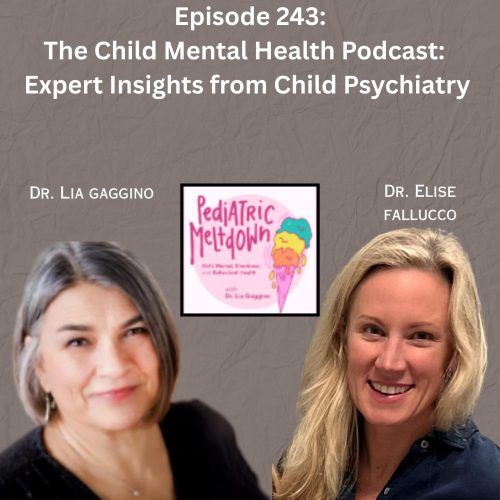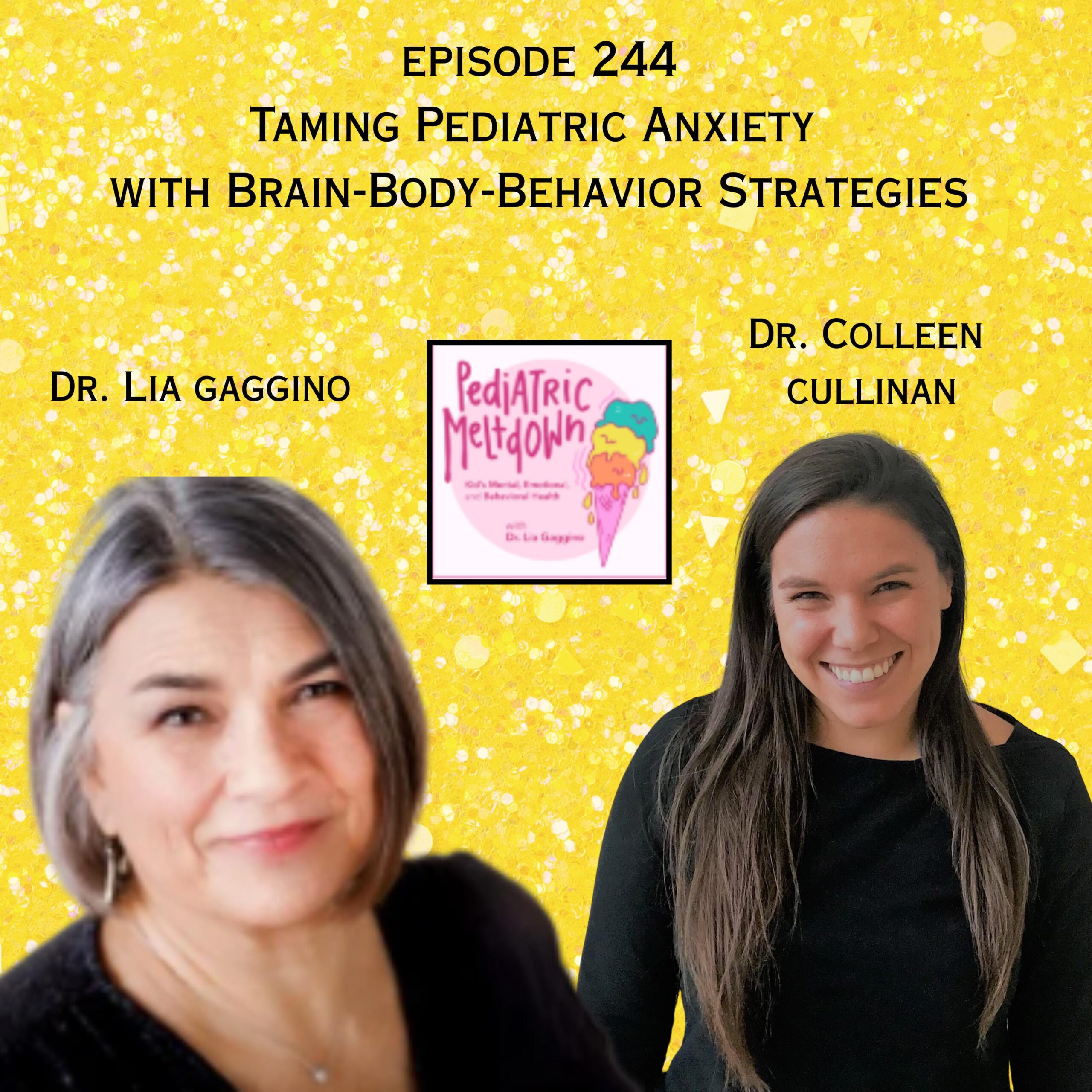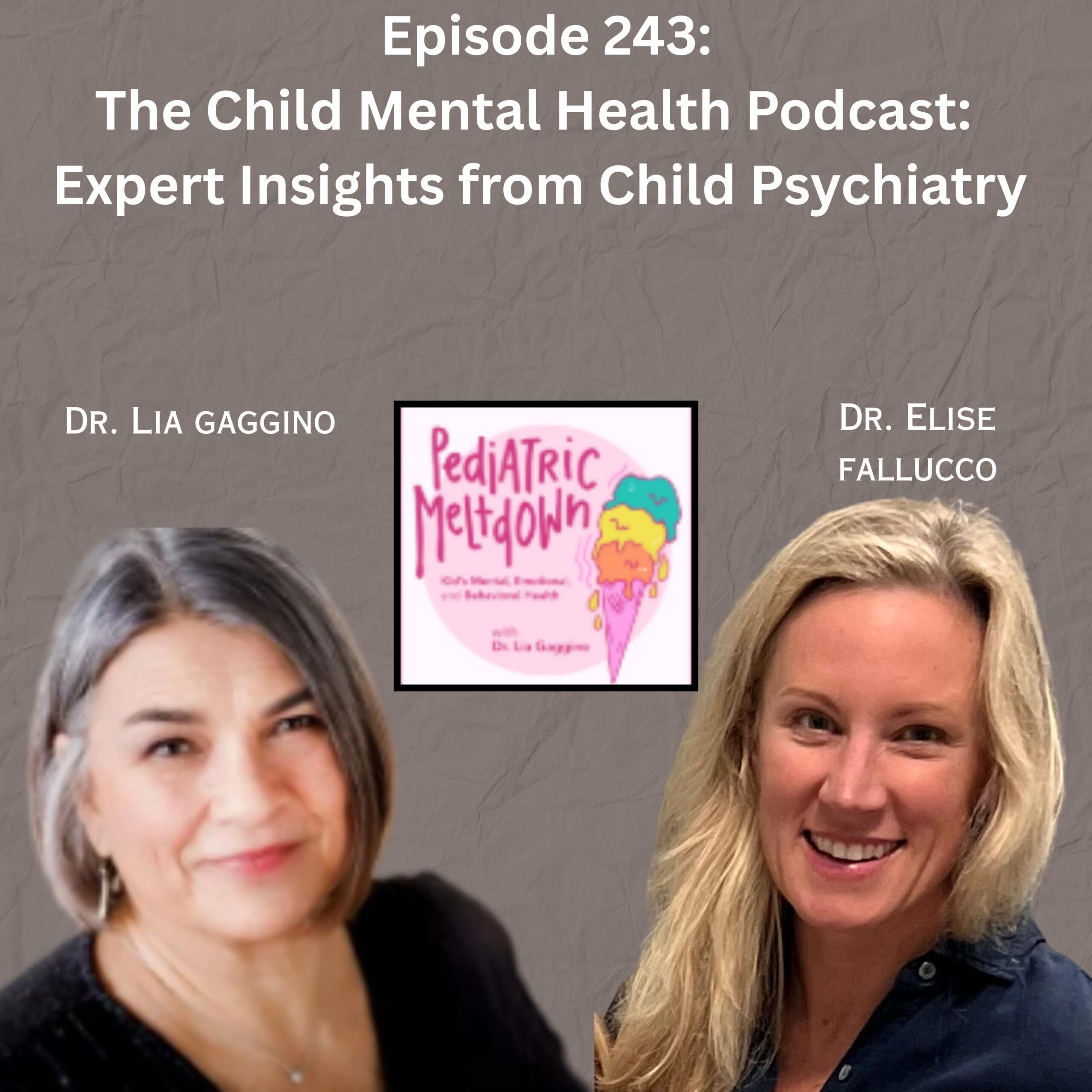When you think of HIV, do you breathe a sigh of relief thinking “well, at least we don’t have to deal with THAT anymore”? Has it completely fallen off your radar as a medical issue that is “under control”? Well, then it’s important that you listen to this episode. Dr. Gaggino talks with Dr. Julia Rosebush and Britt Hodgdon, LCSW. Together they dive into the topic of HIV and trauma recovery. They’ll share insights on how to support individuals living with HIV and overcome stigma, as well as discussing the concept of undetectable equals untransmittable and how it impacts communication and relationships. You’ll also hear about the role of trauma recovery and somatic therapy in destigmatizing HIV and promoting self-perception. This is a powerful conversation on how to thrive with HIV and befriend it.
[00:33 -18:52] Addressing HIV Stigma
- HIV stigma still exists despite advances in treatment and prevention.
- Stigmatizing attitudes can negatively affect the mental health and well-being of those living with HIV.
- HIV stigma can lead to discrimination in healthcare and other areas of life.
- Advocacy and education can help decrease HIV stigma and empower those living with the virus.
- Language also plays a role in HIV stigma, and using non-stigmatizing terminology is important in reducing stigma.
[18:53- 33:22] HIV and Undetectable Viral Load
- Undetectable viral load means untransmittable HIV to sexual partners
- Years of research have solidified the undetectable equals untransmittable concept.
- Youth should not be afraid of transmitting HIV if they achieve an undetectable viral load.
- Normalizing conversations about HIV and reducing stigma surrounding the virus
- Encouraging youth to prioritize their sexual health and seek appropriate medical care if needed.
[33:23 -46:07] Communicating about HIV Status: Language and Approaches for Young People
- Importance of confidentiality and privacy when discussing HIV status
- Strategies for building trust and rapport with young people when discussing HIV.
- Highlighting the effectiveness of antiretroviral therapy for managing HIV
- Encouraging young people to take ownership of their health and prioritize self-care.
- The role of healthcare professionals in educating and supporting young people living with HIV
[46:08 – 54:38] Improving Conversations about Sexuality, Identity, and Gender with Young People
- Professionals need to be fluent in “young-person-speak” to have effective conversations about sexuality, identity, and gender.
- Assumed binaries should be avoided, and young people should be asked to name who they are and how they want to be referred to.
- Centering young people in conversations about their bodies can be a relief for the medical field and benefit young people.
- There is room for growth among professionals in this space.
- Rethinking the way we talk to young people about sexuality, identity, and gender is ultimately necessary for caring for young people and families.
[54:39 – 1:00:03] Closing segment Takeaway
You can reach Dr. Julia Rosebush
LinkedIn: Julia Rosebush, DO, FAAP | LinkedIn
Hashtags: #hivprevention #hivawareness #gettingtozero #undetectableequalsuntransmittable
You can reach Britt Hodgdon
LinkedIn: britt hodgdon, lcsw
Links to resources mentioned on the show
CDC HIV Guidelines
CDC: HIV Information and Youth
AAP Red Book:
“The science is clear: with HIV, undetectable equals untransmittable”:
The Well Project – information for teens:
Book- In My Own Country – A Doctor’s Story by Abraham Verghese
Other episodes you may like:
Episode #110
LGBTQ Youth Sexuality: Inclusive Parent-Child Conversations
Key quotes for Twitter:
“Caring professions are saying, I love you as you are. Show me your truth. But being a little more deliberate about it, I think that’s where prevention lives.” Britt Hodgdon
“You need to reach out to people who have expertise in the many different dimensions of the aspects of HIV disease to make sure that you are providing the best care for the patient.” Dr. Julia Rosebush
THANK YOU FOR YOUR SUPPORT!
Pediatric Meltdown was listed as a Top 20 Pediatric Podcast on FeedSpot.
If you’d like to connect with me, you can Tap the “What Are Your Thoughts” button at the top of the notes or you can find me on LinkedIn, Facebook, Instagram, and Twitter, or email me at [email protected] or [email protected]. To learn more about me visit https://www.medicalbhs.com/
LOVE WHAT YOU HEARD? Leave us a 5-star review so we can continue to provide you with great content. Share this episode and help people know more about children’s health and well-being.



